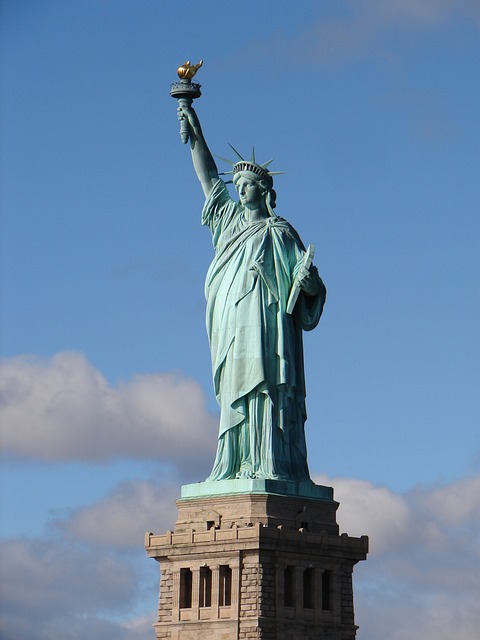Telemarketers in New York State must adhere to strict regulations regarding automated dialing systems (autodialers) to avoid legal issues and fines. Engaging autodialer lawyers specialized in New York's consumer protection laws is crucial for businesses using autodialers, ensuring compliance with the Telephone Consumer Protection Act (TCPA). These lawyers provide guidance on consent management, do-not-call lists, and ethical practices, helping companies maintain good standing while leveraging efficient technologies like autodialers.
In the dynamic landscape of telemarketing, navigating legal complexities is paramount, especially within the stringent regulations of New York State. This article serves as a comprehensive guide for telemarketers seeking to operate within legal boundaries. We delve into critical aspects such as understanding state-specific laws, exploring the implications of autodialers, and implementing best practices to ensure compliance. Additionally, we highlight the significance of consulting expert autodialer lawyers in New York to navigate potential legal challenges effectively.
Understanding Telemarketing Laws in New York State

Telemarketers operating in New York State need to be well-versed in the state’s specific regulations, especially when it comes to using autodialers. New York has stringent laws in place to protect consumers from unsolicited phone calls, with a particular focus on automated dialing systems. These rules are designed to ensure fair business practices and respect for personal privacy.
Understanding these laws is crucial for any telemarketing operations in New York. Companies must comply with regulations related to consumer consent, call frequency, and the disclosure of information. For instance, using an autodialer without prior express consent from the recipient can lead to significant legal repercussions. It’s essential to work with experienced autodialer lawyers in New York to navigate these complex regulations and ensure compliance at every step of telemarketing campaigns.
The Role of Autodialers and Their Legal Implications

In the digital age, telemarketing has evolved significantly with the introduction of automated calling systems or autodialers. These technologies enable marketers to reach a large number of potential customers in a fraction of the time it would take manually. However, the use of autodialer lawyers New York is not without legal complexities. In New York State, regulations strictly govern telemarketing practices to protect consumers from aggressive or unwanted calls.
While autodialers offer increased efficiency, they must comply with specific rules set forth by the Telephone Consumer Protection Act (TCPA) and New York’s own consumer protection laws. Marketers must obtain explicit consent before making automated calls, ensuring compliance with do-not-call lists, and providing clear opt-out mechanisms to avoid legal repercussions. Non-compliance can result in substantial fines and damage to a company’s reputation. Therefore, autodialer lawyers New York play a crucial role in guiding businesses through these legal intricacies, ensuring they maintain ethical and compliant telemarketing practices.
Compliance and Best Practices for Telemarketers

Navigating Legal Challenges with Expert Auto Dialer Lawyers in New York

Navigating the complex landscape of telemarketing regulations in New York State can be a daunting task for businesses, especially with the evolving legal framework surrounding auto dialer technology. The state’s strict consumer protection laws demand careful attention when utilizing automated dialing systems to ensure compliance and avoid potential penalties. Engaging the services of experienced autodialer lawyers in New York is a strategic move for companies aiming to stay ahead of these legal challenges.
These specialists possess in-depth knowledge of the Telephone Consumer Protection Act (TCPA) and its implications on telemarketing practices, including the use of auto dialers. They can guide businesses through the intricacies of obtaining proper consent, managing do-not-call lists, and ensuring fair calling practices, thereby minimizing legal risks associated with autodialer technology. With their expertise, companies can navigate these regulatory hurdles effectively, allowing them to focus on growing their operations while maintaining compliance in the competitive New York market.






